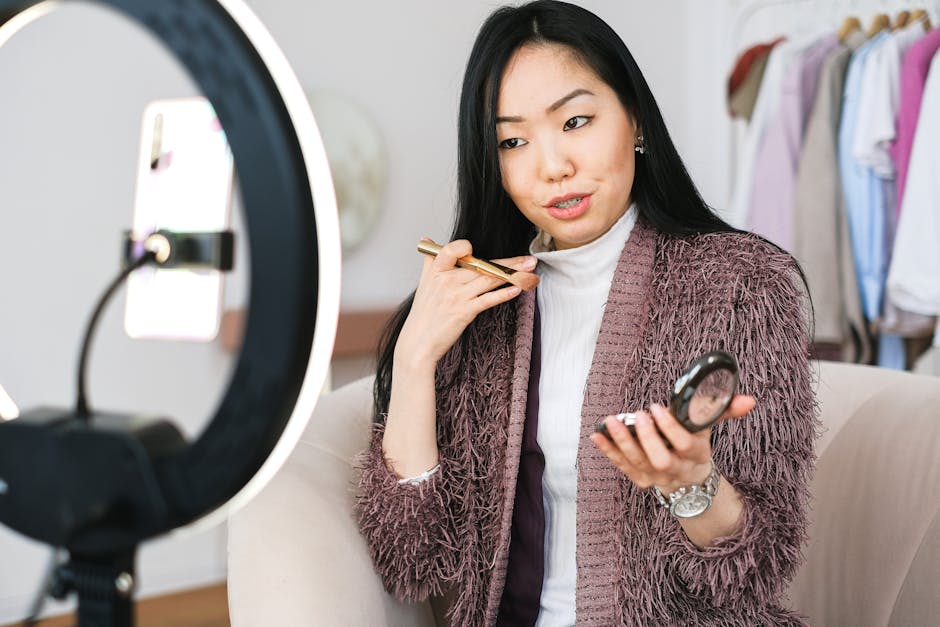There are two main types of lawsuits filed against bloggers or online media personalities. One is for defamation, and the other is for infringement of copyright or plagiarism. Many times, people will accuse you of things that are totally false and untrue. When this happens, libel laws apply- so it’s important to have proof beyond just your word alone!
It's also important to remember that even if someone claims they're going after you for something vague like "hating puppies", there are ways to defend yourself from a lawsuit.
Defamation cases can be very expensive for defendants, and it is always better to try and settle out of court than through trial. This way, you don't have to spend money defending yourself in court, and you keep working.
Copyright and plagiarism violations are more likely to go to court unless either you or them are able to come to an agreement about what needs to be done.
Fair use

The term ‘fair use’ was first introduced in copyright law in 1976, when Congress decided to give artists and writers more leniency with respect to their copyrights.
Prior to this amendment, it had been widely assumed that once an artist or writer published a work (like a poem or article), they owned all of its copies indefinitely. So if someone made a copy of their work without permission for their own personal use, that would be illegal!
Fair use is different because it says you are allowed to make limited numbers of copies of a work for certain purposes — usually education, journalism, or satire. This includes making your own parody or criticism.
Importantly, people can also make private, non-commercial uses of copyrighted material for entertainment or research. These types of uses do not have to be written down as fair use, but it is important to know what them before doing anything like copying or writing about a movie or book.
Trade secrets
A common example of this would be using someone else’s creative work as inspiration for your own designs. For instance, by looking at the way Amazon styles its website you could create your own style or even take some ideas from their logo!
By claiming what goes into creating a company’s brand image like this are “confidential business strategies, formulas, computer software programs, etc.,” lawyers may argue that these things constitute intellectual property that has economic value.
If a competitor independently comes up with similar design concepts, they could file suit alleging misappropriation of their intellectual property. In fact, many large corporations hire attorneys general for just this purpose!
This case was made famous in the 1990s when McDonald’s hired attorney Robert Shapiro to sue Burger King over BK’s use of square boxes as part of their branding. (McDonald’s replaced their baguette boxes with their now-famous round ones.)
So how much money might companies risk suing each other for copyright infringement or theft of trade secrets? It depends on several factors, but outside of court costs, it can cost hundreds or thousands per plaintiff.
Right to be forgotten

Recent developments that threaten the existence of the free press are concerning to anyone who values a lively, vibrant democracy. Stories that get told often go overlooked because people have the right to not hear them!
A little-known clause in European law allows individuals to ask search engines to remove links to content they posted years ago. This is referred to as “the right to be forgotten” or even just the “right to delete.”
Most countries with this rule require that you make your request within one year of when you last updated the original content. If you don’t do this, the information will stay online forever!
So how does the EU manage to create a free press while still protecting individual privacy? That question was answered back in 2014, when Google introduced its own take on the policy.
Moral rights

Another important area is moral rights, which are typically divided into two categories: trademark and copyright. With trademarks, you can say something about your product or service that makes it seem clear what use of the brand you want to promote. For example, if Nike made shoes, they could not advertise another company’s shoe as being more authentic or fashionable than theirs.
This is called false advertising, and it is illegal in many countries. It is also tricky to enforce, but lawyers are trained in this so don’t worry!
Copyright covers artistic works like paintings, songs, and stories. Companies usually have permission from the artist or their publisher to use their work for promotion, but once again, false advertisement becomes an issue.
If someone uses your art without your consent or credit you, then you can sue them for illegally using your material and getting paid less compensation for it.
Publicity rights

Another important area that can be infringed upon is publicity or copyright infringement of someone else’s work. This is called “publication plagiarism,” and it is illegal to take and publish material that belongs to another person without their permission.
If you are reading this article online, then you have been exposed to copyrighted content owned by our website, www.jkonline.com and/or other websites. We hold several copyrights for various articles and features we create here on our site.
When people link to us from their own sites using our short links (called backlinks), they are referencing those articles and giving credit to us when their visitors click on that link and come to our site because of them.
This adds value to our site and helps us achieve our goal of building an authoritative site with lots of high quality content. It also gives us more exposure which means more visits which in turn generates more revenue.
It is completely acceptable to refer to one of our articles as long as you give appropriate credit to us and do not copy all of the text verbatim. You can use some of the ideas in your own writing but you must include a direct reference to either us or the author of the article.
It is very common for writers to gain press credentials and publication rights through free giveaways from publishers.
Copyright infringement

When you use someone’s creative work without their permission, it is called copyright infringement. Infringement can occur in several ways, including making copies of the material or using part of the material in your own work. It is very difficult to sue for copyright infringement unless you are certain that there has been violation of the law. This means that most people do not get sued for infringing copyright even when they know about it.
Blogs are often used as a way to infringe on other people's copyrights. Some bloggers will take pictures or videos that they have no right to and re-post them as their own. They may also include parts of another person's writing or picture in their own content with little credit given to the source. There is nothing wrong with sharing information but if you are going to share it make sure you give appropriate recognition to the source.
Conclusion
Being sued for copyright or trademark infringement is never fun, but it can be even more frustrating when you’re not aware that you’ve done anything wrong. It’s important to remember that just because someone calls you out doesn’t mean you’re in error. It could simply be that person trying to make some money off your hard work. Or perhaps they don’t like your style and want to create their own version of it to get recognition.
In fact, there are many ways being sued can help you! If people feel so strongly about something you made, then your success may inspire them to create their own versions of it and spread your influence. Plus, knowing how to defend yourself from potential lawsuits can give you a leg up in future projects. But before you start preparing your legal defense, make sure to do some research first! Figuring out what laws apply to this situation is key, as is knowing whether hiring an attorney is the right thing for you.


.jpg)
